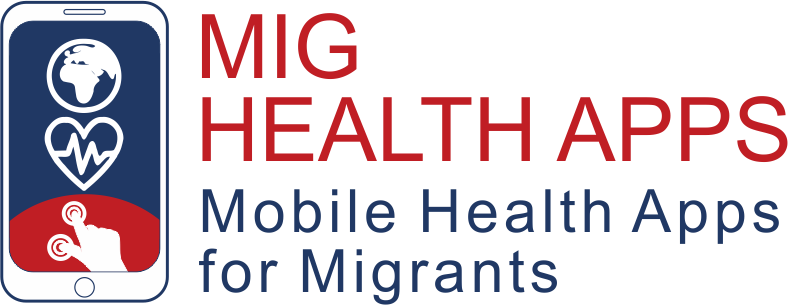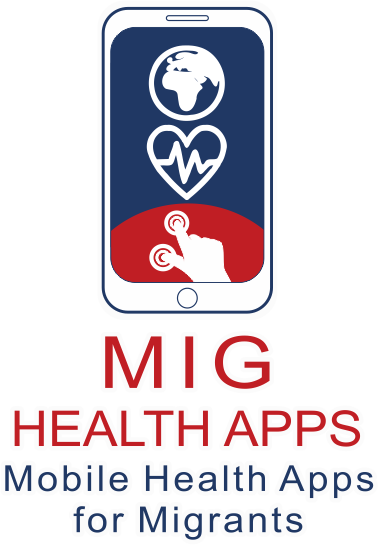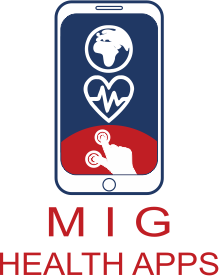Health apps on the rise
Digital health technology continues to gain ground in the health market – worldwide. Eight out of ten Germans are interested in digitally recording and tracking their health and activities, for example via smartwatch or app. Whether pulse, blood sugar or fitness: 44 percent of people in Germany and 45 percent of people in Great Britain regularly monitor at least four health-related key figures via their own devices, according to a recent survey. In the USA (60 percent) and China (67 percent), it is already significantly more of the population, as a consumer survey by the industry organisation gfu – Consumer & Home Electronics GmbH – Gesellschaft zur Förderung der Unterhaltungselektronik and the strategy consultancy Oliver Wyman shows. The study confirms the approach of the MIG-HEALTH APPs project: digital health apps will increase in use and can play a considerable role in health monitoring to relieve the burden on national health systems.
Digital health apps have arrived as everyday companions in the general population, migrants and locals alike. Digital health tools and apps report any irregularity in the body and mind: The smartwatch writes an ECG and creates a sleep log, the phone counts every step and can detect approaching depression from usage patterns. The usage rates are rising, new applications are constantly hitting the nerve of health-conscious people. While physiologically and psychologically relevant data on sleep, blood sugar levels or drinking and eating behaviour are already standard, the first monitoring providers are also looking at temperature measurement via earphones or the automated analysis of excretions.
The consumer survey also shows: people use the digital companions largely independent of their origin, gender or state of health. Two age groups make the most use of health gadgets: on the one hand, 26- to 35-year-old millennials, and on the other hand, the over-65s. Digital-savvy people over 65 are among the most diligent users. They save themselves many a visit to the doctor with blood sugar measurements, for example, and also benefit from medication reminder apps or fall sensors. They are concerned with early detection, prevention and personal responsibility. The study also reveals assessments of today’s 18 to 25-year-olds: 69 percent of these people expect that in seven years they will usually eat what their smartphone recommends. Just as many trust that they will get sick less often thanks to digital tools.
According to a forecast in the aforementioned consumer survey, seven out of ten people worldwide will comprehensively monitor and track their own health digitally by 2033. The increased mindfulness could also relieve the burden on the healthcare system.
However, while users are keen to experiment, the long-term use of apps and trackers remains primarily a question of trust. More than half of the respondents worldwide consider the area of personal health to be still too little regulated and are concerned about the integrity of their health data.
About the study
The international strategy consultancy Oliver Wyman and gfu – Consumer & Home Electronics GmbH – Gesellschaft zur Förderung der Unterhaltungselektronik conducted the study “The Heartbeat of Progress” in August 2023. For this study, around 4,000 consumers in Germany, Great Britain, the USA and China were surveyed on topics related to personal health technology.
The study can be accessed here.
Picture credits: Gerd Altmann – Pixabay



